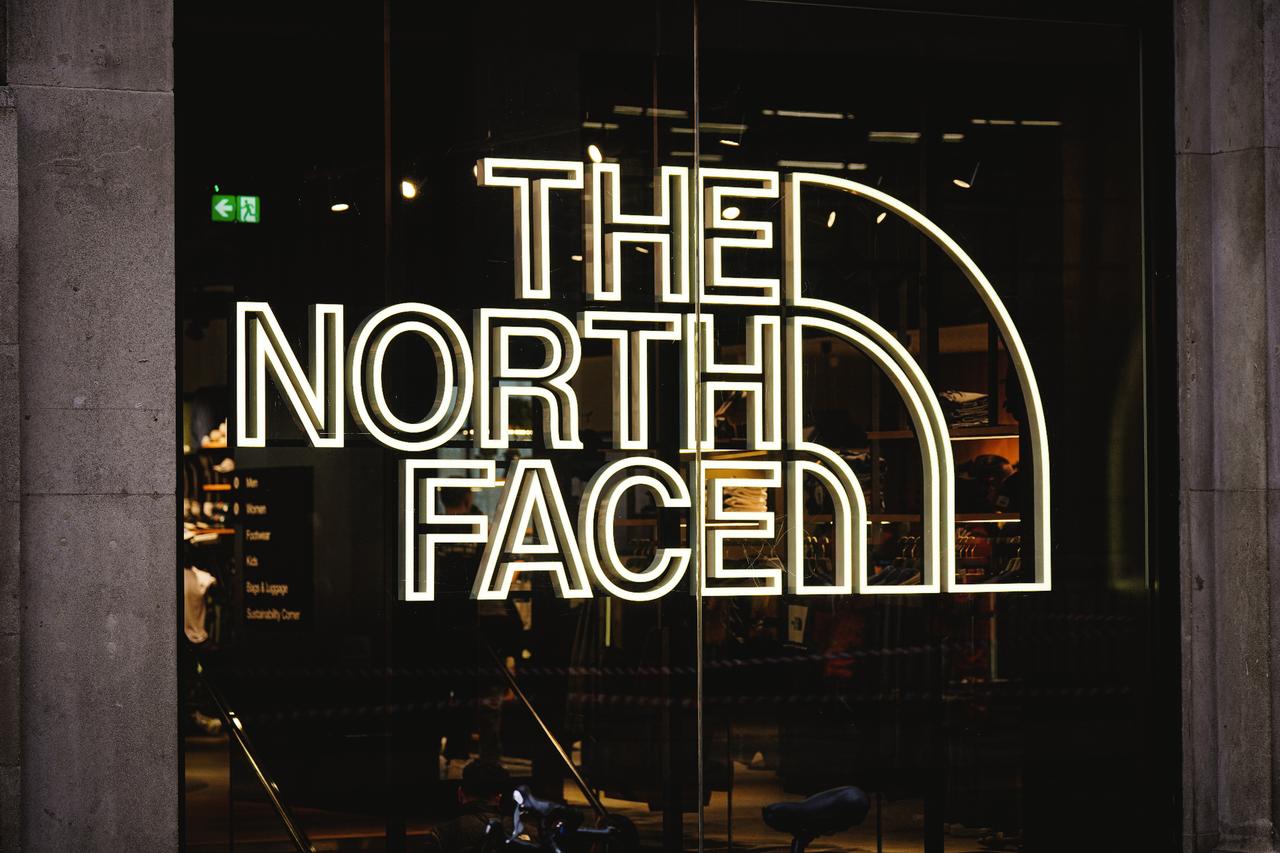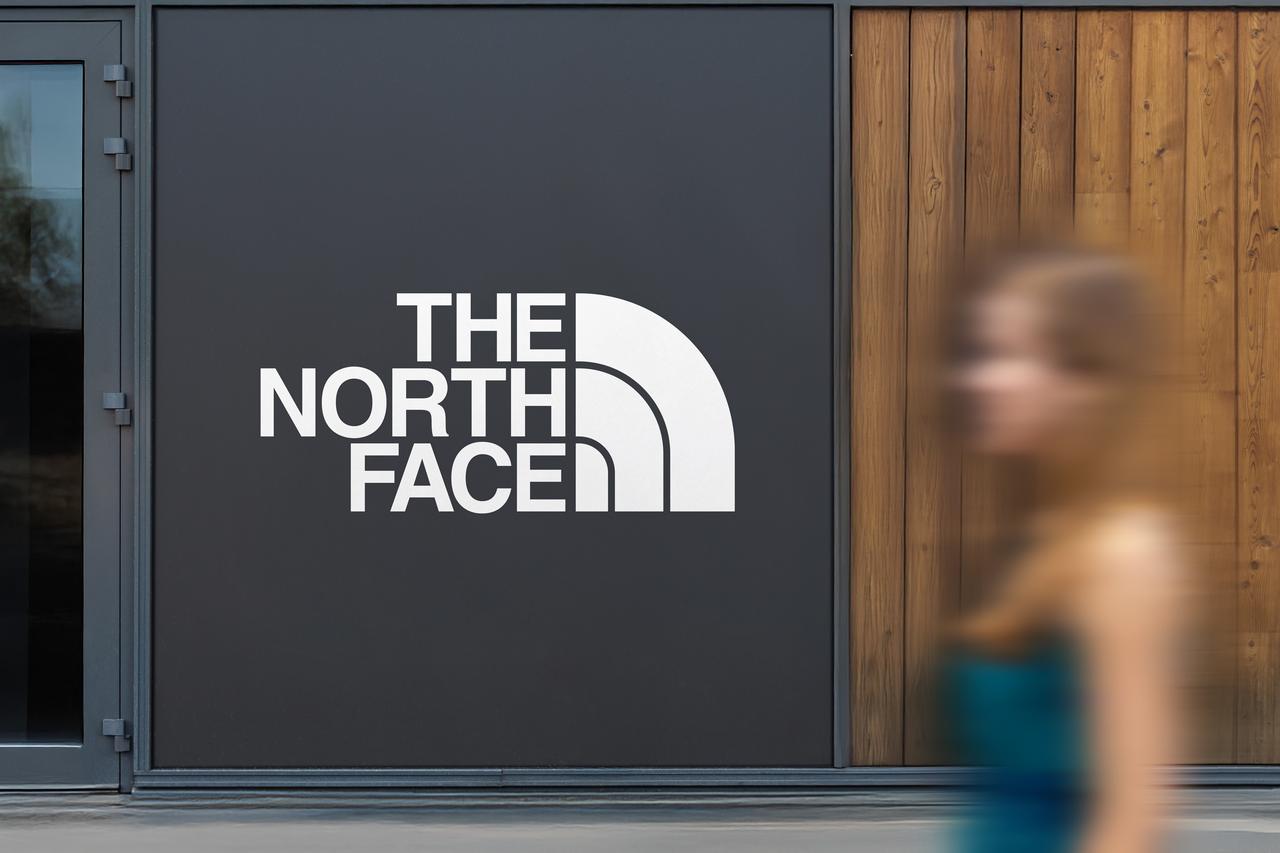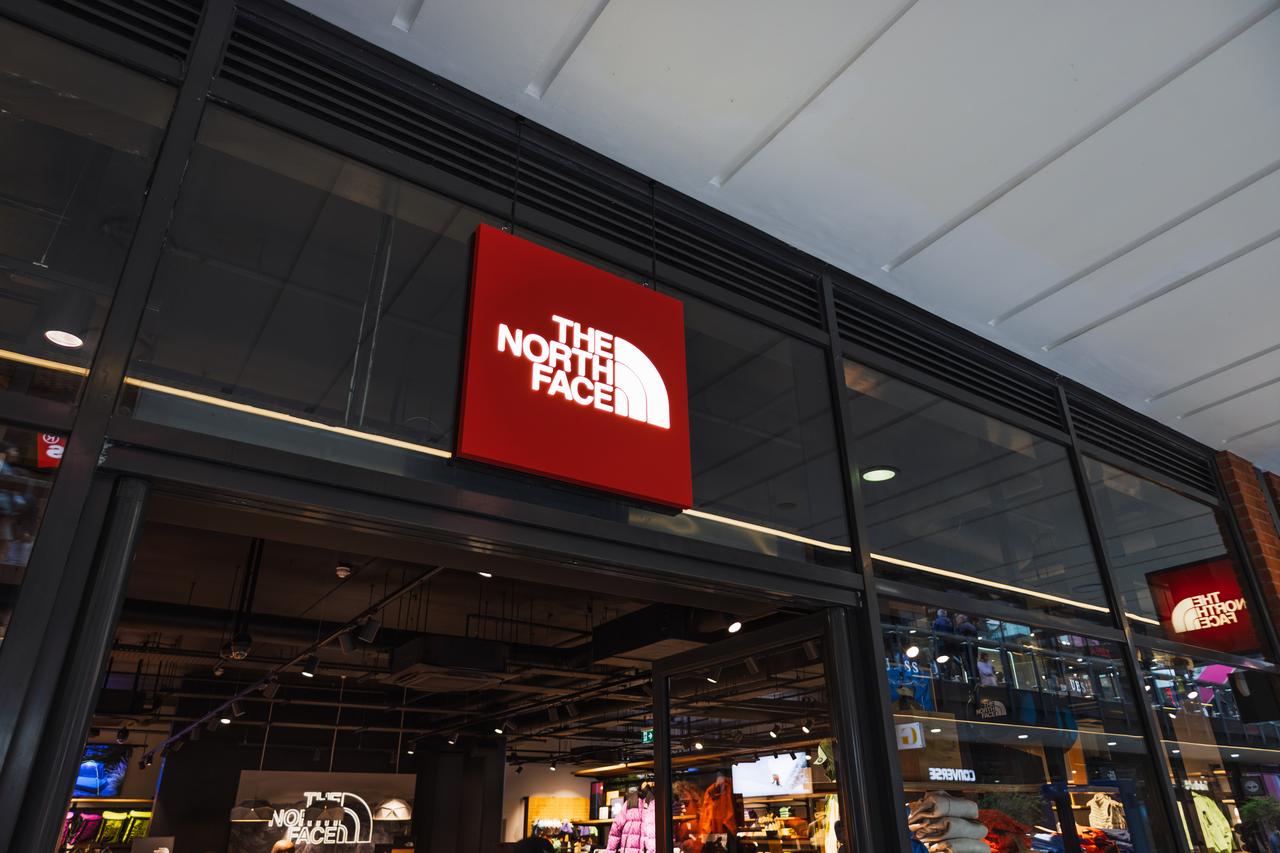
High costs have driven another global brand away from Türkiye's textile sector as The North Face cut 80% of its orders from long-time supplier Gelisim Tekstil, shifting the majority of production to Vietnam and Bangladesh.
The decision by VF Corporation's iconic brand represents a significant break in Türkiye's role as a critical production hub for global brands.
Rising costs and price differences reaching up to 100% compared to Far East competitors continue to drive world brands away from Turkish manufacturing.
According to a Turkish media report, Gelisim Tekstil, which was The North Face's second-largest producer globally and largest in the European Union, will now receive only €4 million-€5 million ($4.6 million-$5.8 million) worth of orders from the brand.
"Our biggest customer was VF Corporation. We produce for globally recognized brands like The North Face, Vans, Timberland, Dickies, Supreme, Eastpak, JanSport, Napapijri, Smartwool, Icebreaker, Kipling and Altra," said Mustafa Akcay, chairman of Gelisim Tekstil's board of directors.
"We were The North Face's second-largest producer globally and largest in the EU. Starting last year, they decided to go to Bangladesh and Vietnam. About 10%-20% of production will remain," he noted.
Akcay explained the scale of the loss: "We were producing about €30 million worth, and about €25 million of that will go. In other words, out of 4 million pieces, 400,000-500,000 pieces will remain with us, the rest is going due to high costs."

The production cuts could lead to substantial job losses across the company’s facilities. Gelisim employs 300 workers at its Corlu factory, built with a €35 million investment in 2023; 350 at its Adiyaman facility, with a €5 million investment the same year; and 500 at its Istanbul factory, plus another 60 employees in the education and energy sectors.
"We currently have 1,200 employees. If things don't go as we hope, there may be employees we will part ways with. We will shrink. Starting from May next year, the number of employees may drop by half," Akcay warned.
The group's monthly capacity of 1 million pieces was 100% utilized in 2022, but now operates at 400,000-500,000 pieces monthly just to stay afloat.
Akcay highlighted the growing cost disparity with competitors: "A product we price at €5-€10 ($5.86-$11.72) is made in Kenya for $2.8. Such brands are also produced in the regions within the scope of social responsibility. China is always talked about, but Bangladesh, Sri Lanka, Cambodia and Vietnam are more serious competitors."
The cost gap has widened rapidly over the past three years. "Minimum wage increased 302%, inflation 290%, while the dollar only rose 132%. Our costs increased 2.5 times in dollar terms," Akcay explained.
"In 2023, labor costs rose 110% while the exchange rate increased 50%. We tolerated the difference in yarn prices. But in subsequent years, labor costs remained well above the exchange rate, making us more expensive than even the EU."

Vedat Yavuz, vice chairman of Gelisim Tekstil, explained their relationship with The North Face: "We were one of The North Face's biggest suppliers and have been working together for 10-12 years. We were second in the world and first in the EU as a producer in terms of quality and delivery for that group. They decided to leave purely because of price."
The company is exploring domestic Turkish brands but faces new challenges: "We started producing for a few brands in Türkiye. However, payment terms here are 180 days. When you say product preparation also takes 180 days, payment terms reach one year."